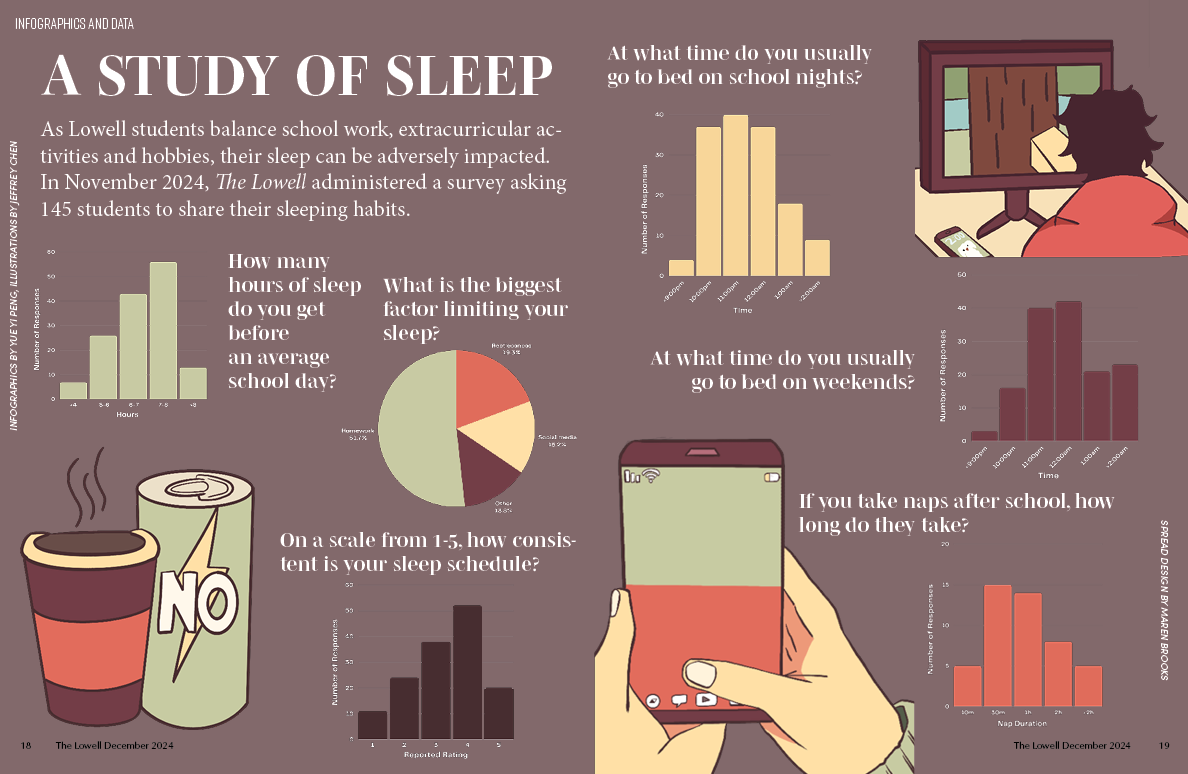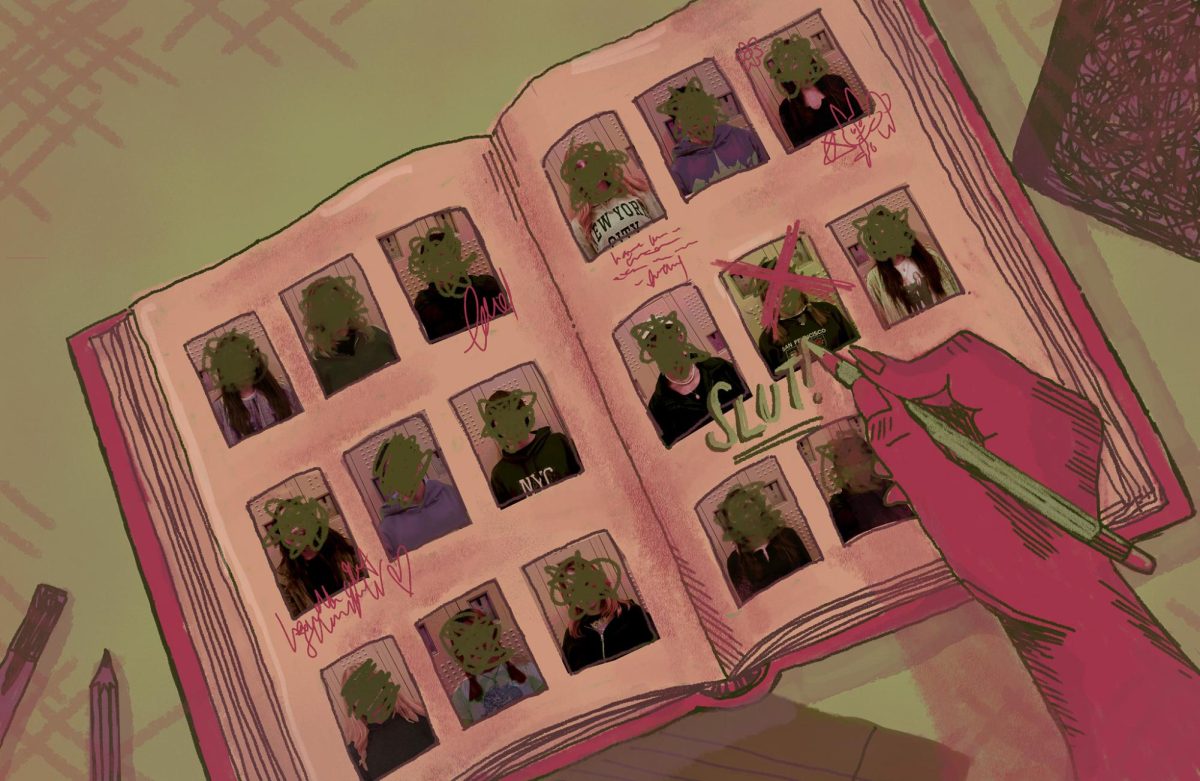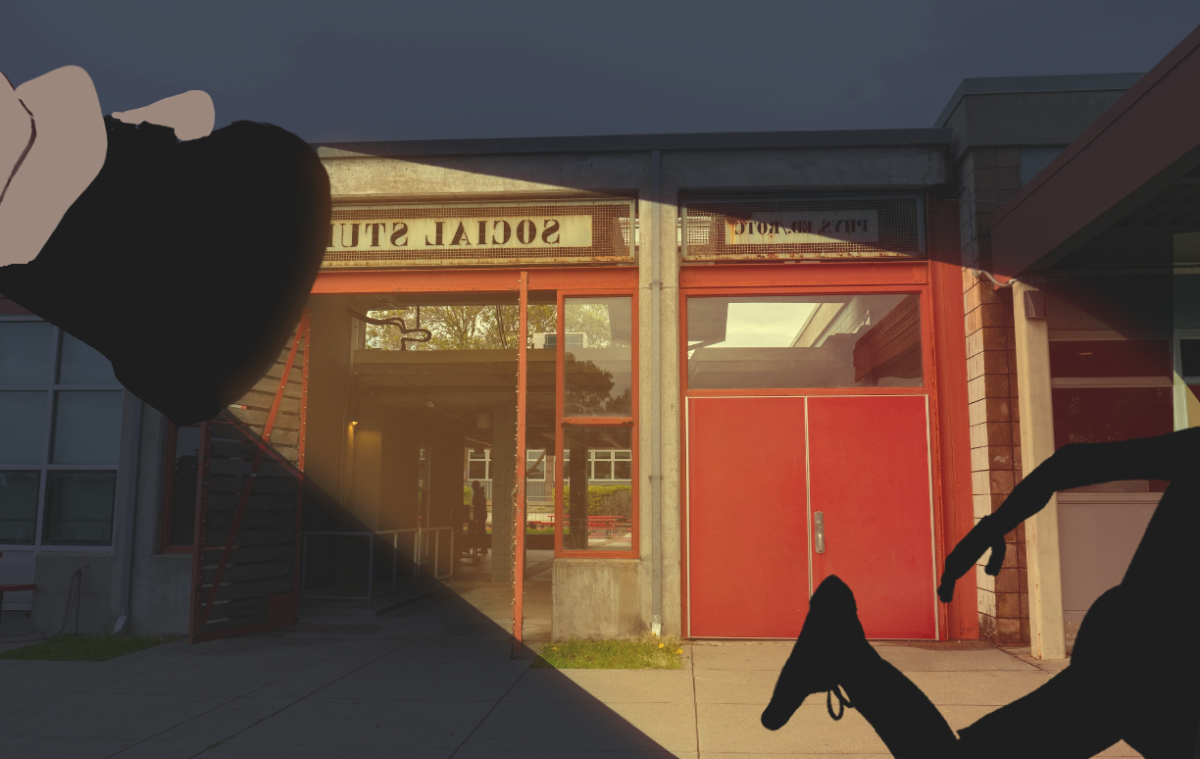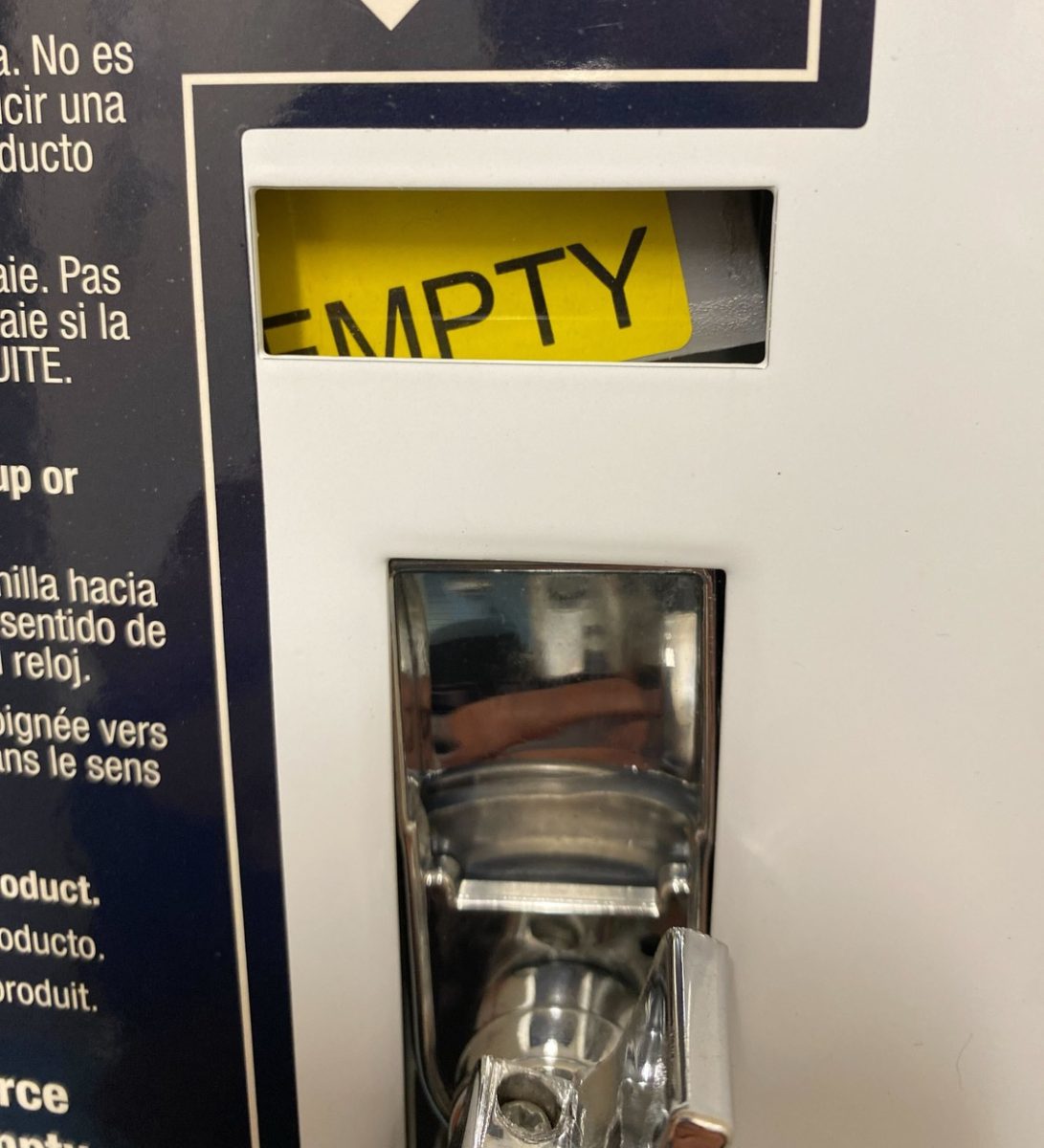By Sofia Woo and Allison Jou

With this year’s class of 2018 graduating in a few months, recent changes in the graduation date has caused confusion amongst seniors. Graduation has traditionally taken place a week before the last day of school. However, this year’s graduation event will be on June 6, the last day of school because of a state law compliance issue and venue availability.
Last year, San Francisco Unified School District was audited regarding the district’s policy of allowing seniors to graduate before the last official day of school, according to principal Andrew Ishibashi. The district was not compliant in following California state law, which mandates that students must attend school for at least 180 days of the year.
Many teachers, like social studies teacher Michael Ungar, who has been teaching an all-senior AP Economics class for three years, noticed that most seniors did not show up to school following graduation because they had already received their diplomas. He and other teachers assumed that seniors were not required to come to school after graduation, Ungar said.
“The only difference is that there isn’t a couple of days of school after graduation. I don’t mind graduating a few days later. Personally, I don’t think it’s a big deal.”
The other issue which factors into deciding the graduation date is the availability of the graduation venue, which in Lowell’s case is the Bill Graham Civic Auditorium. It shares this venue with Lincoln High School and Galileo High School. This combined with other events being held at the auditorium, makes reserving it a challenge.
On November 3, 2017, Ishibashi was notified by the auditorium concerning the final graduation date. Ishibashi said that if the seniors were to graduate the day before, he would hold a senior breakfast or lunch on the last day in order to keep the seniors at school for a minimum of four hours. However, the venue was only available on June 6, according to assistant principal Orlando Beltran, who is also in charge of the graduation.
Reactions from seniors about this change have been mixed. Ishibashi said that a few seniors approached him asking about the reason behind the change. Some students were not thrilled by the decision, but were not extremely upset. Senior Scout Mucher, Student Body Council president, did not feel too negatively affected by the change. “The only difference is that there isn’t a couple of days of school after graduation,” Mucher said. “I don’t mind graduating a few days later. Personally, I don’t think it’s a big deal.” Senior and Lowell Student Association president Uma Krishnaswamy also agreed that the change was not extremely impactful, but expressed disappointment in the later date. “Naturally, all seniors would want a few days after graduation, just to not go to school,” she said. “It’s a nice, gratifying feeling.”
The change does, however, make it a challenge when planning senior events, such as senior picnic, prom and graduation night. Because many senior boards and committees plan most of their events around graduation and the end of school, planning was difficult because they were notified two months late. “Everything you do on senior board is sort of a domino effect,” Krishnaswamy said. “It’s sort of a cascade effect if we don’t know when graduation is and it is unfortunate that we were made aware of it so late, even though it’s not up to us.” Some events have already been affected, including Grad Night, which had to be rescheduled. “I mean, it’s almost like we can’t plan without a graduation date,” Krishnaswamy said. “And it’s probably not just Lowell. It’s Lincoln, it’s Galileo, and I think in general other schools should make their graduation dates more set in stone otherwise they can’t plan events, they can’t sell tickets, and they can’t advertise to students on time.”

However, having the graduation date on the last day of school would help to make sure that seniors were coming to school for their full 180 days, which ensures that the school district remains compliant in following California law, according to Beltran. “I think it keeps kids from getting into trouble, and it keeps kids in school,” Beltran said. “The issues that we have after they graduate is that they ditch, and we need to have kids here because it has a lot to do with state funding.” Krishnaswamy also acknowledged that the date will keep students in school longer, saying, “Legally we’re supposed to be in school for 180 days, and having graduation later makes that possible, it makes the district look better, it makes us all abide by these rules.”
Although students will be fulfilling their full 180 days of school, there is concern over the nine school days between senior finals and graduation. Since graduation will be pushed back, there will be a period of time between finals and graduation where no new material will be taught in classes. AP English Literature and Composition teacher Sydney Recht has mixed feelings about the change. Although the new dates will make Lowell more aligned with other schools around the country, she has had to come up with an extra unit to teach. “I find it challenging even with the other calendar in what to do with those empty days,” Recht said. The challenge of keeping students interested in coming to class starts even earlier when AP classes are over by mid-May, she said.
In order to keep students incentivized to come to school, Recht is thinking of teaching a film unit during the period of time between senior finals and graduation. “I’m hoping that it’ll be an interesting enough unit that it will keep people coming in and it will keep class as meaningful as its been,” she said. Although she has come up with a solution for her class, Recht still thinks that there’s more work to be done. “Because [the change is] district and school-wide, rather than leaving it just to the teachers, I think we need to have some kind of connecting thread through different AP classes that makes an incentive for students to come to class,” she said.
Another issue left unresolved is the date of next year’s graduation. Because this is mostly based on the availability of the venue, it may change from year to year. Although both Beltran and Ishibashi personally feel that keeping graduation on the last day of school is better, it all depends on scheduling. “In the future I have no idea, but I haven’t heard whether or not it’ll change, but I think it’s also gonna go as long as we don’t have our graduation here on our campus and we have no control over it necessarily, because it has to go on availability, but I think that’s the issue,” Beltran said.
Krishnaswamy understands the pros and cons of the situation. “I don’t see anything super negative or super positive about it, it’s just a change and we’re all gonna have to adapt,” she said.










